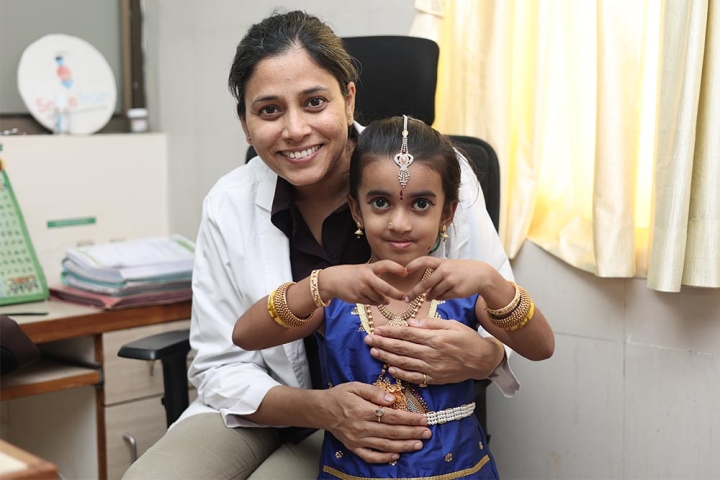Counseling and Support
The harm caused by clefts is psychological as well as physical. We're here for that, too.

The best time for cleft parents to enter psychological counseling is the moment the cleft is detected on the ultrasound. Mothers, especially, often require help managing their emotions about their child and need to be prepared for the feeding challenges they will face immediately after giving birth.
Of course, clefts also often have a serious psychological impact on the children who have them. Access to mental health services from an early age can help these children live with confidence and pride in the face of bullying and stigma.
There are many groups dedicated to supporting cleft-affected children and their families. Some are led by specialists and specific organizations, while others are spearheaded by the families themselves. Some offer in-person activities such as cleft camps, while others are focused on online communication such as closed Facebook groups. Each has its own personality and strengths, so it is important for families to explore their options to see which best meets their needs.
In addition to these resources, support can be found through CLEFTLINE, a toll-free number for information about clefts. It can be reached at: 1800 103 8301
